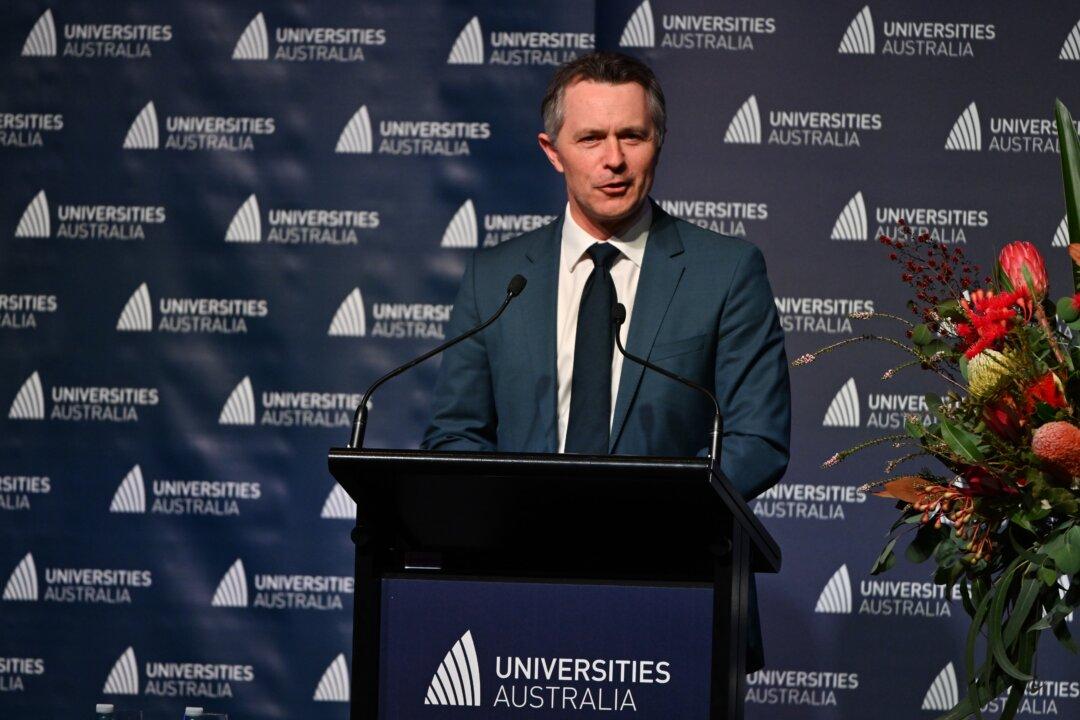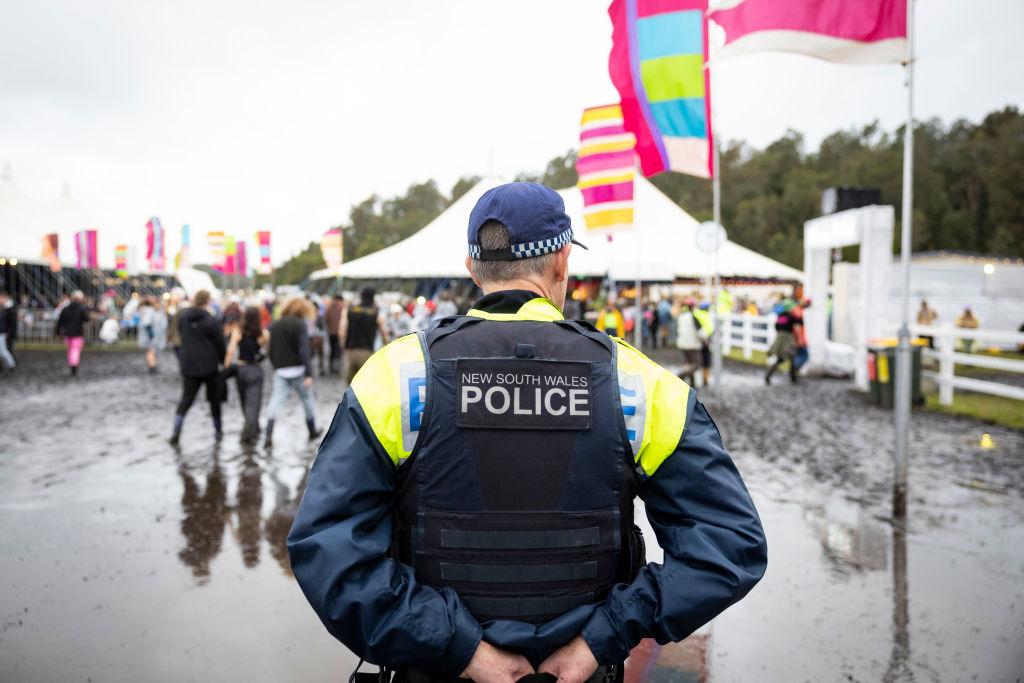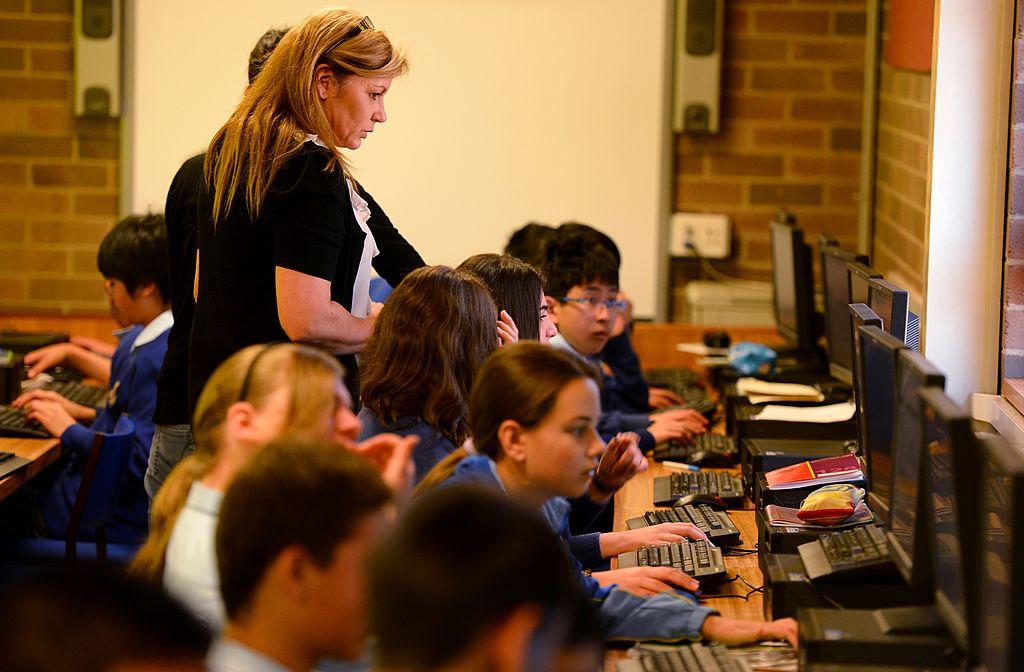Education Minister Jason Clare called for a lowering of “temperatures” after a survey revealed 64 percent of Jewish university students feel unsafe from ongoing anti-Semitism on campuses.
The Zionist Federation of Australia surveyed 560 anonymous students nationwide and found leftist groups were “ostracising, harassing and excluding” Jewish students, while staff have also been accused of “targeting” students, too.





